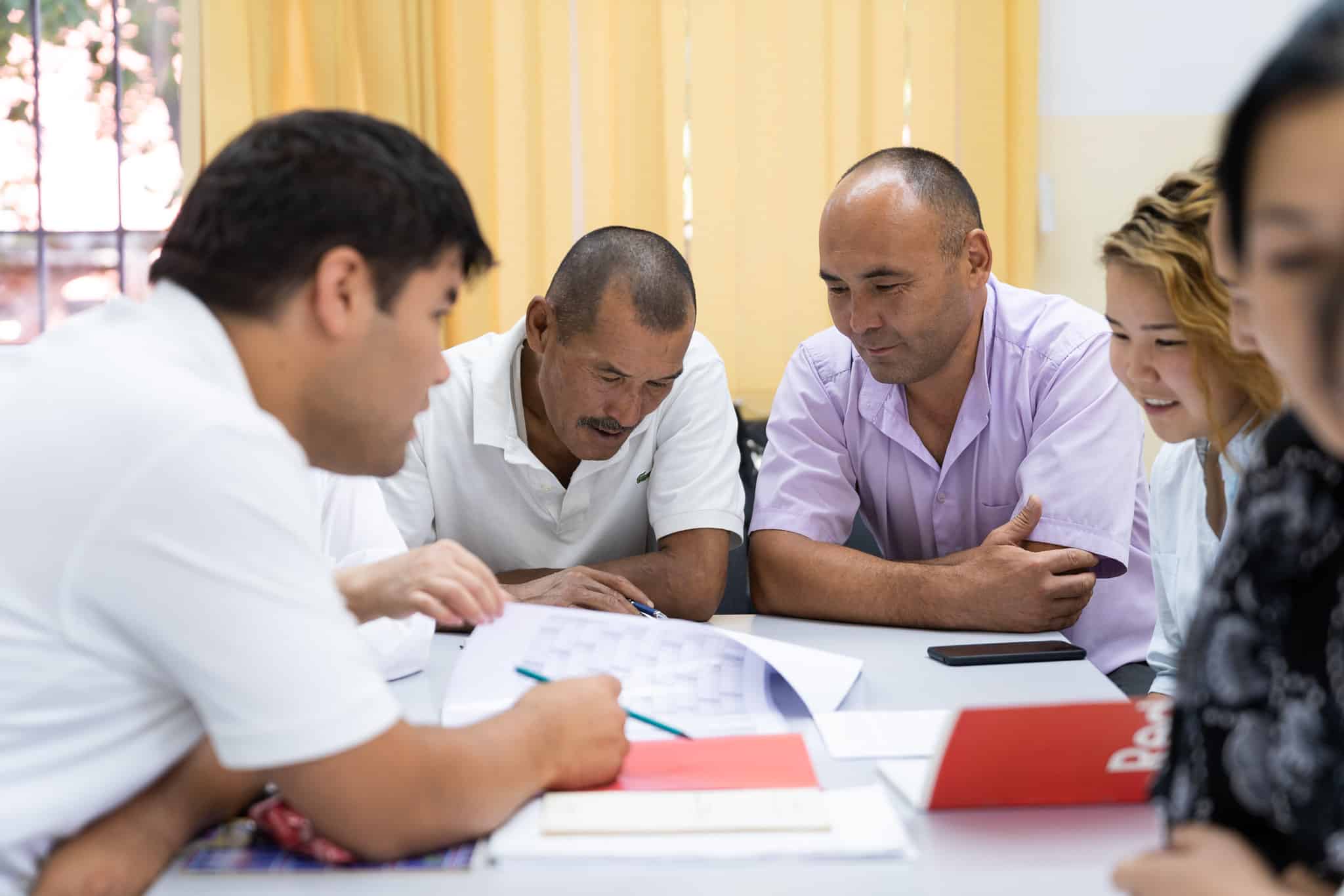Schools2030 Global Research Partners attended the British Association for International and Comparative Education (BAICE) Conference in Edinburgh in mid-September, whose overarching theme explored partnerships in education. Schools2030 representatives were glad to join this welcoming group of global scholars for the first time at this year’s conference, the first held since the onset of the COVID-19 pandemic. The conference explored many aspects of the way partnerships operate in global education, with many sessions interrogating the implicit power dynamics that partnerships engender and how we might negotiate these.
During our session research partners spoke about their role as partners in our global coalition in the context of their practice-oriented research. Representatives from Right to Play International, Data Must Speak, ITA Pakistan, Zizi Afrique and Nazarbayev University presented their respective projects, and discussed their approaches to equitably engaging with education stakeholders across the system. Their presentations zoomed in to more deeply explore the perspectives of teachers, and posited approaches for bringing the voices of school-level stakeholders to the fore in system-level decision making. We were pleased with the reception and insightful comments received on the participatory research methods used, and look forward to expanding our connections with other global scholars at further in-person conferences moving forward.
